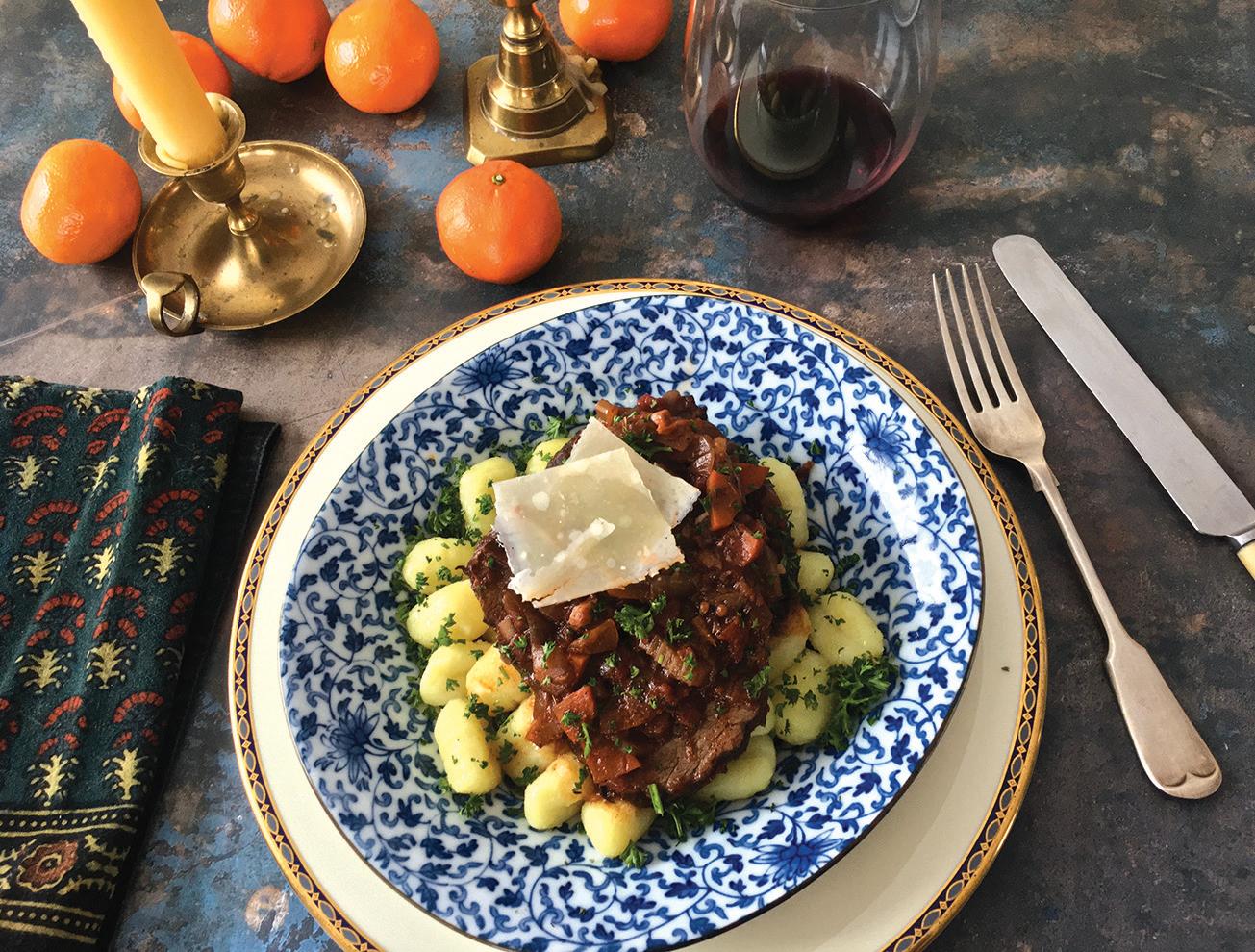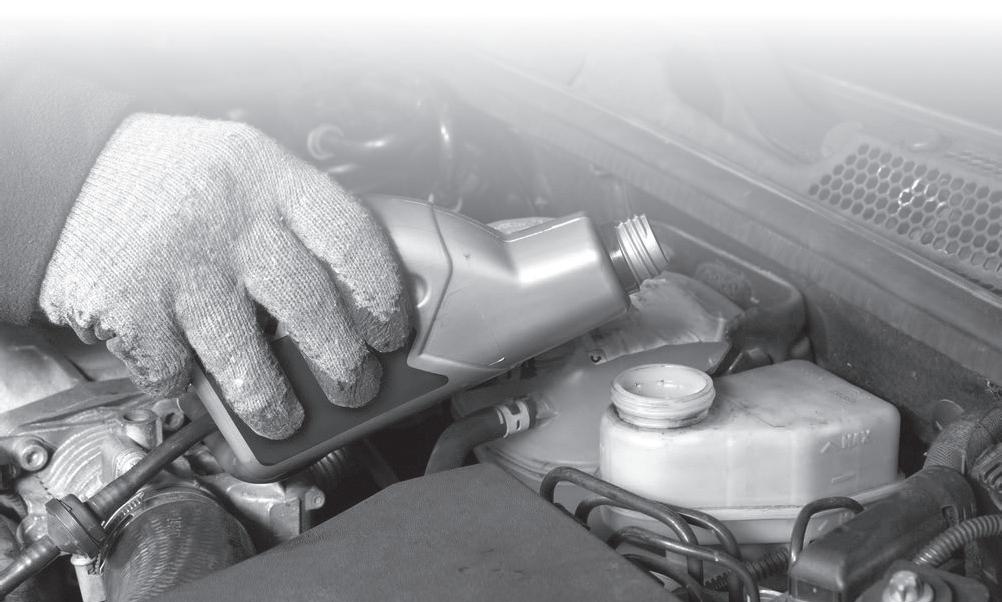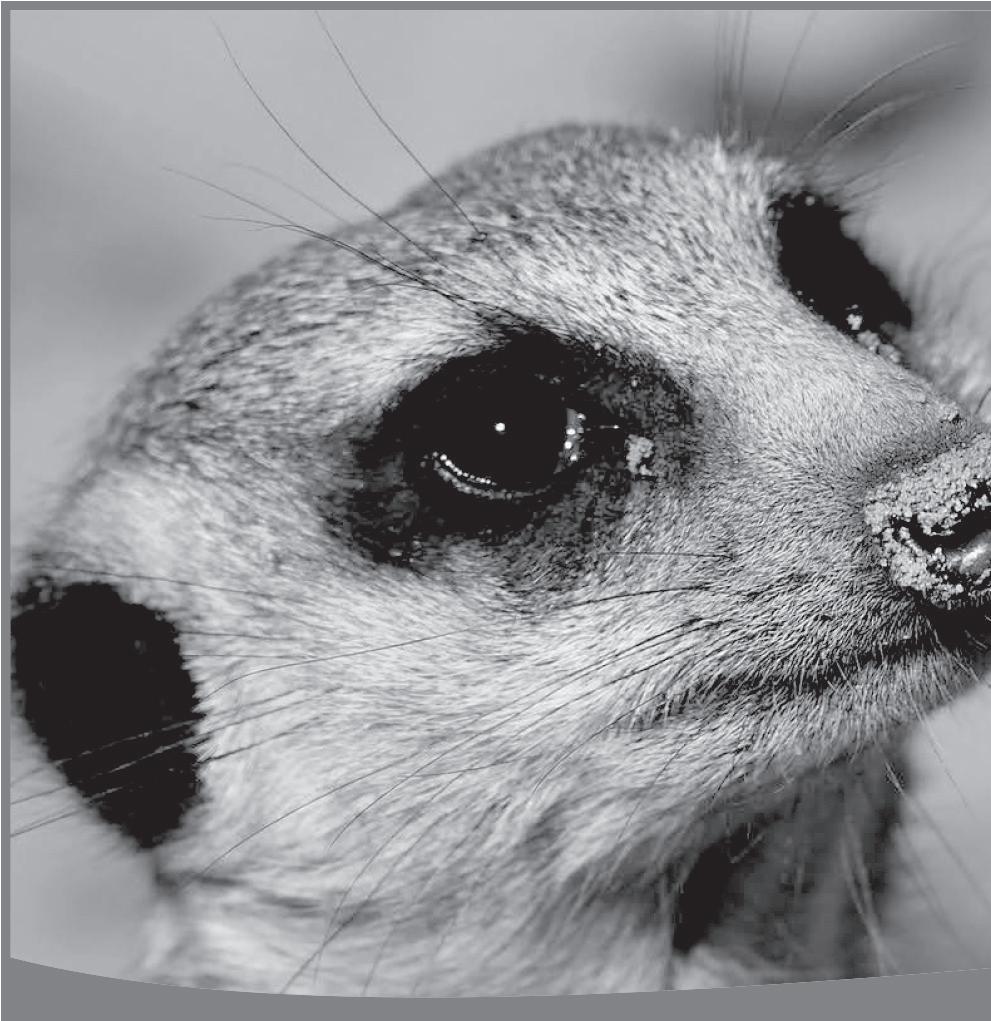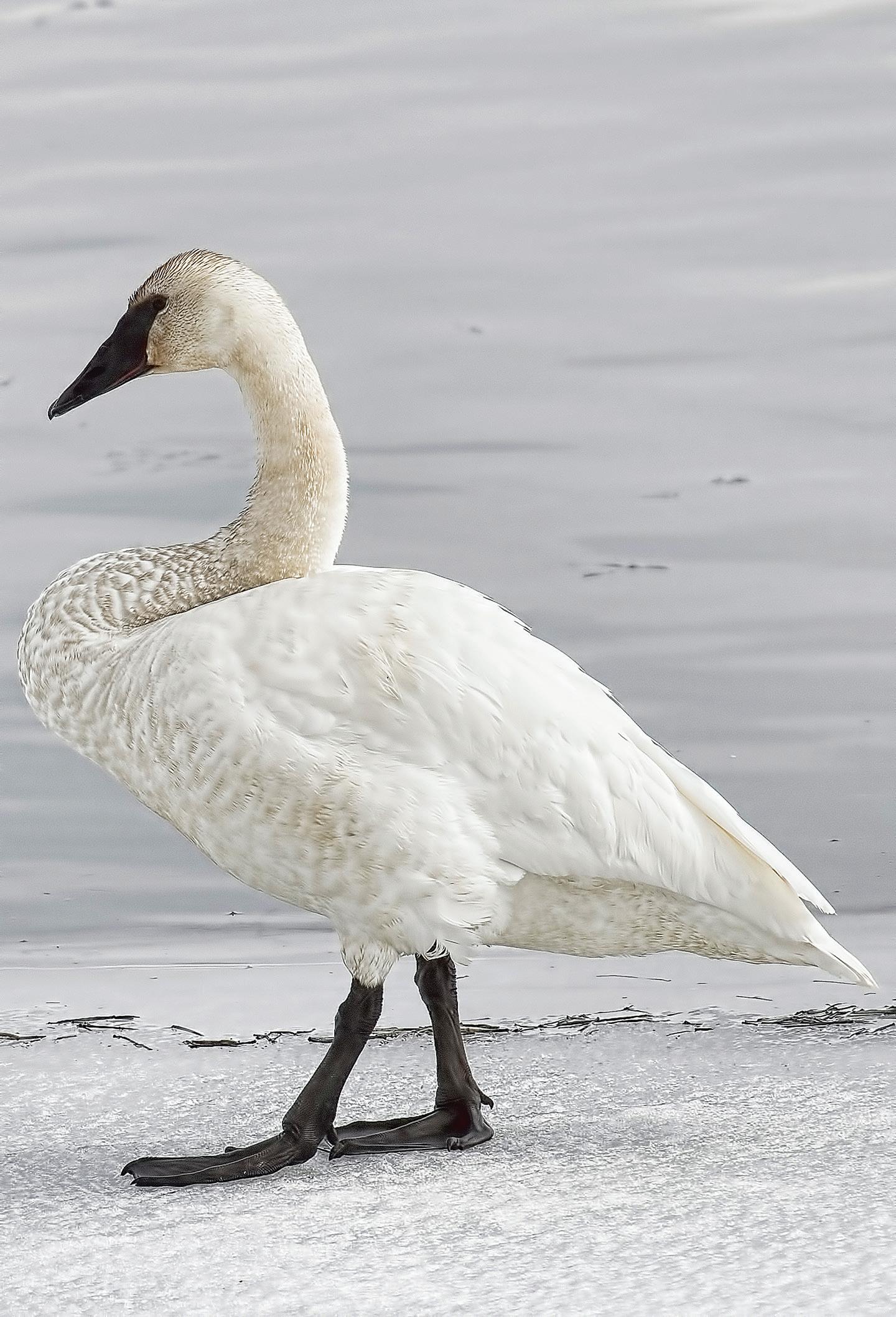
6 minute read
Gather
Michele Genest is a Whitehorse-based chef and writer. She is also somewhat of a gardener. Michele has also written two books “The Boreal Feast - A Culinary Journey Through The North” and “The Boreal Gourmet - Adventures In Northern Cooking.”
THE EASTER MOOSE
I’ve never seen the Easter Bunny, but I saw a moose cow and calf on the road to Atlin last week, and they were just as magical. So were the eight woodland caribou sifting off the highway and into the trees, who looked back at the car as if to say, Yes, did you want something?
I didn’t want anything except to witness their graceful movement, and to refl ect on how lucky we are to live here, to have moments such as these.
In the off-hunting season the carnivores among us have a period of grace, when we’re not faced with the sometimes painful dichotomy of respecting the animal and admiring its beauty, and loving the food it contributes to our tables. At any time of the year, the secret lies in being thankful.
Easter and Passover in the Christian and Jewish faiths are a time for refl ection, celebration and giving thanks. For non-believers, those spring feast days inspire a sense of excitement and renewal as well, a revelling in the return of light and warmth, a feeling of joy that the planet still turns.
Why not celebrate this time round with a feast that connects you to the landscape; that reminds you of where you live? Bring out the berries from the freezer, bring out a bison or caribou or moose roast, do your favourite berry reduction, serve it up with pureed parsnips and maybe Brussels sprouts. Or, for a change, reach out to another land and combine Italian fl avours with some real bred-in-the-north ingredients.
Happy spring feasting!
ITALIAN-STYLE MOOSE POT ROAST * For a Passover feast, just eliminate the bacon, butter and cheese.
Ingredients:
• 1 moose roast (chuck, shoulder or round), about 2 lbs • Salt and pepper • 3 slices smoked bacon • 1 Tbsp butter • 1 Tbsp oil • 1 large onion, diced • 1 large carrot, diced • 1 stick of celery, diced • 6 cloves garlic, minced • 1 tsp dried thyme • 1 tsp dried oregano • 2 Tbsp tomato paste • 1 cup canned plum tomatoes, strained and chopped • Half an orange, seeds removed • 2 cups beef, moose or bison stock • 1½ cups red wine • 4 bay leaves • Apple cider vinegar • Birch syrup • Chopped parsley
PHOTO: Michele Genest
Instructions:
1. Preheat oven to 300F. Trim the moose roast of silver skin and sinew and roll it in salt and pepper. Slice bacon into ½-inch strips. Scatter bacon over the base of a heavy casserole, turn the heat to medium and fry until semi-crisp. Remove bacon and reserve. 2. In the same casserole, brown the moose roast on all sides.
Remove and reserve. Heat oil and butter until sizzling, add the chopped vegetables, and cook until they’re just starting to brown, about 7 minutes. Stir in garlic and cook for another 2 minutes. Stir in the thyme and
oregano, followed by the tomato paste. Pour in the tomatoes, stock and wine. 3. Place the orange half fl esh down on a board, slice in two lengthwise and slice each piece in half again. Turn each piece on its side and slice into small, thin triangles. Add the orange pieces to the pot. 4. Add the moose back to the pot with the bay leaves, turn the heat to medium low and bring to a simmer. Once the sauce is simmering, cover the casserole, put it in the oven and cook the roast for 2½ to 3 hours, until the meat is tender. 5. Remove meat to a cutting board and allow to rest while you thicken the sauce. Place the casserole over medium heat and simmer rapidly until the sauce is thick and jammy.
Taste. If the sauce needs brightening, add a splash of vinegar; if it needs rounding or deepening, add a splash of birch syrup. (Sometimes it doesn’t hurt to add both!) 6. Slice the meat into thick pieces and add briefl y to the sauce to warm up. Serve on potato gnocchi tossed with olive oil, sprinkle with chopped parsley and place a few thick curls of
Parmesan cheese over top.
Makes 4 servings. n
Clayton’s CAR CARE Tips
BRAKE FLUID

Regular brake fl uid changes ensure that a car’s braking system operates safely and effectively.


Modern braking systems use brake fl uid to transfer the application of the brake pedal down to the front and rear brakes, to bring the vehicle to a stop. The fl uid is usually silicone based, which does not compress, giving a solid pedal feel and an increased temperature rating. The downside to using this style of fl uid is that it absorbs moisture from the air. Constant braking causes massive amounts of heat to be generated by the braking components, which is then transferred into the fl uid. If there is moisture in the fl uid, this will decrease the temperature rating of the fl uid, and can result in a soft brake pedal and increased stopping distance. Most manufacturers recommend brake fl uid changes every 2 years, regardless of kilometres travelled, but it may need to be changed more frequently if the vehicle is operated under abnormal conditions.

Continuing Studies Northern Institute of Social Justice
YFN 101 - Online
CRN 90061| DATE: On-going Self-paced Online | COST: $89.99 + GST
Please be aware that this course includes information about Indian Residential School in Yukon as well as an optional video, which may be difficult to watch, particularly for Residential School Survivors or Intergenerational Survivors. Please consider whether watching the video is the right choice for you.
Introduction to Mindful SelfCompassion (MSC)
CRN: 90275 | DATES: Thursdays April 8, 15, 22 & 29; May 6 & 13 TIME: 1:30pm – 3:00pm | COST: $200 + GST
Delivered remotely via ZOOM. INSTRUCTOR: Marcia Burton, Certified Teacher, Mindful Self-Compassion.
Sit in my Puddle: The art of empathy and holding space.
CRN 90350 | DATE: April 15 TIME: 10:00am-11:30am | FREE
Delivered remotely via Zoom. INSTRUCTORS: Erin Legault and Meg Grudeski INFORMATION t (867) 456 8589 REGISTRATION t (867) 668 8710 YukonU.ca/nisj
Introducing a New Continuing Studies course. Red Cross Psychological First Aid
CRN: 90148 | DATES: April 28 & 29 TIME: 8:30am – 4:30pm | COST: $225 + GST
Delivered on-site, face to face. INSTRUCTOR: Mia Lee First Aid for the mind is just as important as First Aid for the body. Individuals suffering from high stress levels, burnout and suicidal thoughts are at an all-time high in areas such as workplaces, schools, indigenous communities and among professional responders. Psychological First Aid is a resiliency-building wellness program that equips individuals in supporting themselves and others to cope with the effects of stress, loss, trauma, and grief.
YFN 101 (Livestreamed)
CRN 90490 | DATE: June 16 & 17 TIME: 1:00pm-4:30pm | $325 + GST
Delivered remotely via Zoom. INSTRUCTORS: First Nations Initiatives, Yukon University





